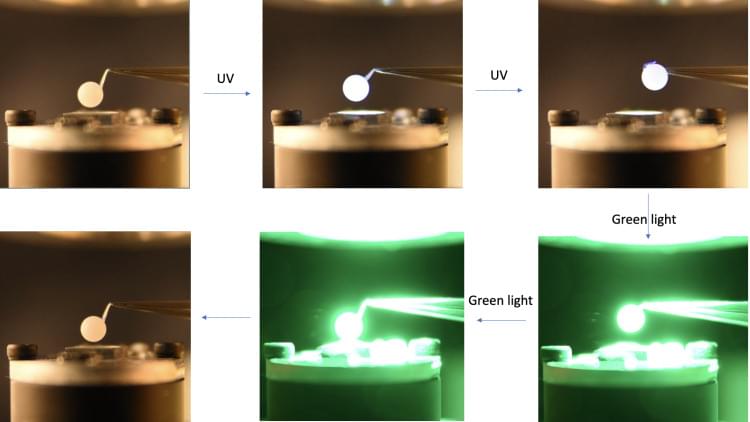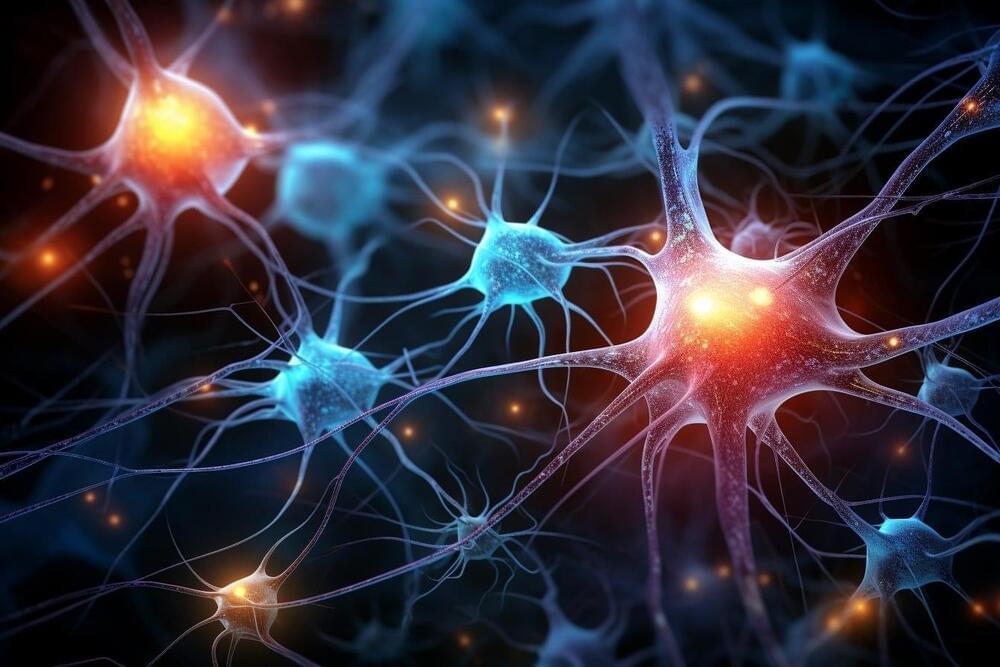It’s notoriously difficult for doctors to identify a wound that is becoming infected. Clinical signs and symptoms are imprecise and methods of identifying bacteria can be time-consuming and inaccessible, so a diagnosis can be subjective and dependent on clinician experience. But infection can stall healing or spread into the body if it isn’t treated quickly, putting a patient’s health in grave danger. An international team of scientists and clinicians thinks they have the solution: a device run from a smartphone or tablet app, which allows advanced imaging of a wound to identify infection.
“Wound care is one of today’s most expensive and overlooked threats to patients and our overall health care system,” said Robert Fraser of Western University and Swift Medical Inc., corresponding author of the study published in Frontiers in Medicine. “Clinicians need better tools and data to best serve their patients who are unnecessarily suffering.”
The scientists developed a device called the Swift Ray 1, which can be attached to a smartphone and connected to the Swift Skin and Wound software. This can take medical-grade photographs, infrared thermography images (which measure body heat), and bacterial fluorescence images (which reveal bacteria using violet light).







